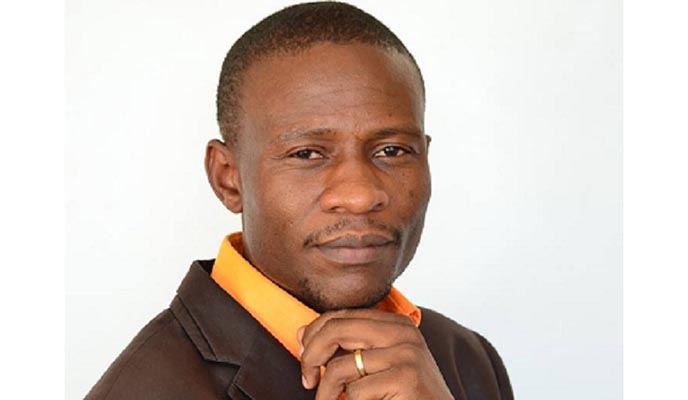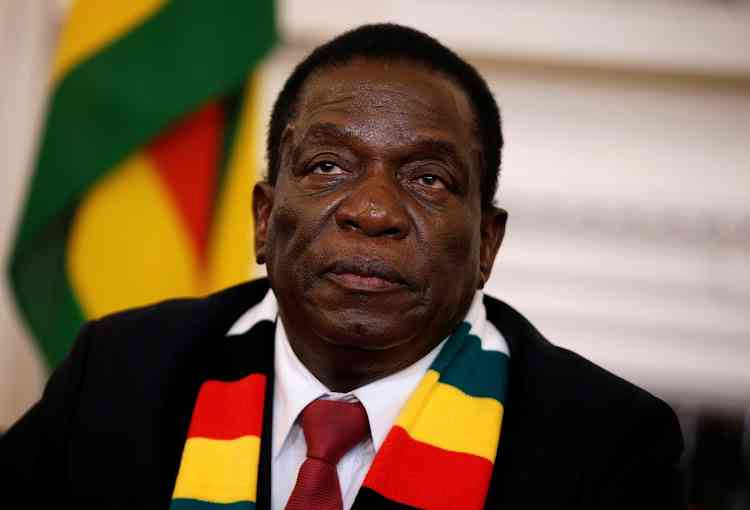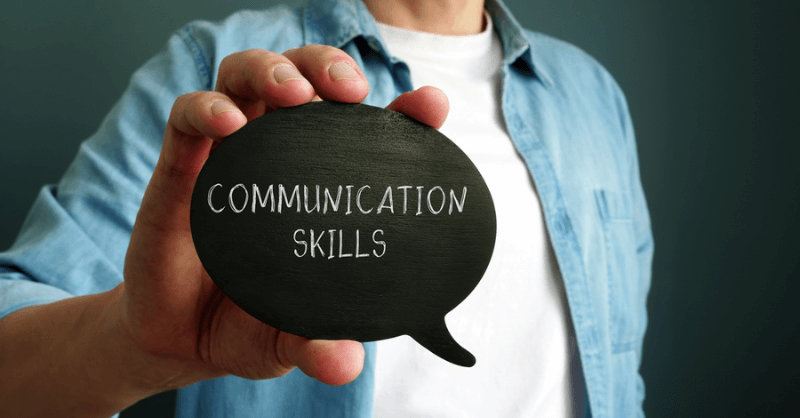
Normally, when we talk of intelligence, we usually think of people who are able to solve complex or intricate problems, such as mathematics, and physics. We are socialised to think that people who excel at school will end up successful.
By JONAH NYONI
As a result, people who would not have reached a standard level, such as five Ordinary Levels with Maths, Science and English, are somehow considered not good enough. These are standards that are used to measure cognitive prowess or intelligence quotient (IQ). However, of late it has been proved that IQ is not enough for one to reach the success apex. Hence the term, emotional intelligence (EI) or emotional quotient (EQ).
What is emotional intelligence?
An article by Travis Bradberry (2017) published by the World Economic Forum (WEF) says: “Emotional intelligence is the ‘something’ in each of us that is a bit intangible. It affects how we manage behaviour, navigate social complexities, and make personal decisions that achieve positive results.”
In the book that I am currently reading, The Big 100 by Jeremy Kourdi (2015: 178), emotional intelligence is defined as, “…taking information from your own emotions and the emotions of others and then applying that knowledge in order to be successful.”
Personal competencies
According to Bradberry, emotional intelligence is made of two competencies and the first one is called personal competency. This is sub-divided into self-awareness and self-management.
- Chamisa under fire over US$120K donation
- Mavhunga puts DeMbare into Chibuku quarterfinals
- Pension funds bet on Cabora Bassa oilfields
- Councils defy govt fire tender directive
Keep Reading
Basically, personal competence, is the ability to understand your personal emotions, how to manage and apply them, especially on other people. In the coaching circles, we call this the ability to “know thy self’”
Self-awareness helps you to know your emotions, and self-management is the ability to control, manage and express those emotions to others.
Social competence
This is what Bradberry says is the “ability to understand other people’s moods, behaviour, and motives in order to respond effectively and improve the quality of your relationships.” Social competence is made of two components; social awareness and social management.
Social awareness is the ability to intuitively perceive other people’s emotions. Whereas, social management is the ability to use personal and other people’s emotions as to co-exist or relate in harmony. As leaders how do we practically use emotional intelligence?
To pick vibrations
As a leader, good emotional intelligence gives you the ability to easily pick the vibrations of feelings from others like employees or team players.
As I train companies, I engage both leaders and their employees. One thing that usually pops up is that, most leaders don’t care about the feelings of followers to an extent of trampling on them.
What such leaders want are results. The leaders have to pick feelings and intrinsic vibrations such as disquiet, discomfort, depression, resentment, and other negative dispositions. It is the astuteness of the leader to know this and be able to address or coach those he leads. When these are addressed, they result in harmony and congruency and cultivates a positive atmosphere in a work environment.
To communicate effectively
Great emotional intelligence helps the leader be able to pick words that emphasise a specific feeling. This happens through communication with others verbally. It is through expressions, that we begin to understand how others feel.
Secondly, great leaders are able to pick nonverbal communication such as bitterness, grumpiness and anger. As a result, they know how to redress or address those scenarios.
The greatest communication skill is the ability to listen to others.
One has to listen not only to spoken words, but not verbal expressions. The leaders has to listen without passing judgment.
Lastly, an emotionally intelligent leader, speaks not to be heard, but to be understood.
To manage relations
One thing that stands out in my training of companies, positional leaders have a great challenge relating with employees.
Positional leadership, is when you know you have authority because of your position. On the other hand, transformational leadership makes one to be a leader not because of their position, but because of their influence.
Great influence comes through great emotional intelligence.
As a leader, employees should not follow you because of your rank or position, but because of your heart (emotional intelligence). Effective team work is hinged on the leader’s emotional intelligence.
Emotional intelligence is about those small soft intangibles that matter the most.
An effective leader will always seek coaching or training from experts. Team effectiveness is because the leaders bring all different cogs together using emotional intelligence.











